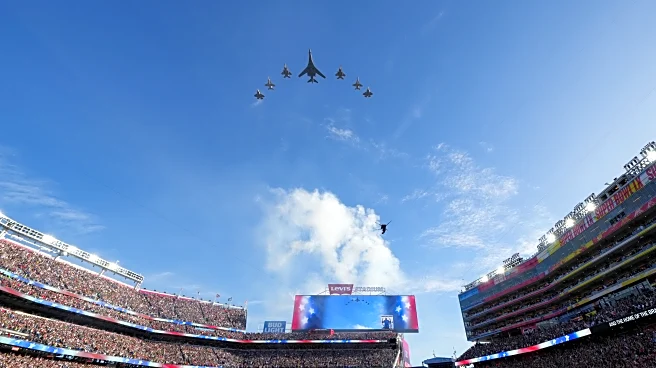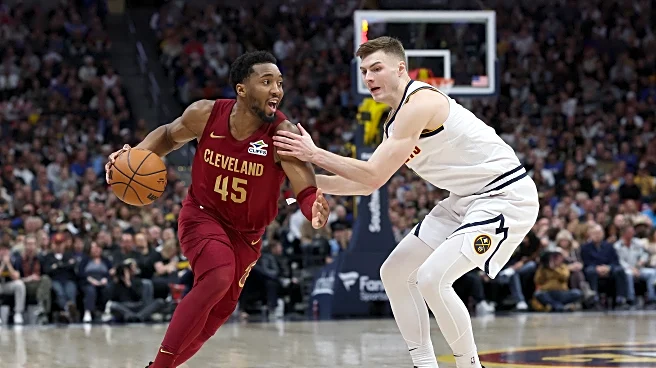What's Happening?
Ukrainian President Volodymyr Zelensky has accused Russia of obstructing peace talks aimed at ending the ongoing war. Despite efforts by President Trump to mediate, tensions remain high, with Russian Foreign Minister Sergei Lavrov blaming Ukraine for the lack of progress. Zelensky has expressed willingness to meet with Putin, seeking security guarantees from Western allies. NATO Secretary General Mark Rutte has indicated that discussions are underway to provide Ukraine with robust security assurances. The diplomatic efforts follow a series of meetings involving Trump, Putin, and European leaders, but no concrete agreement has been reached.
Why It's Important?
The accusations and stalled negotiations underscore the complexities of achieving peace in the region. The conflict has significant implications for European security and the global geopolitical landscape. Ukraine's demand for security guarantees reflects its vulnerability and the strategic importance of its alignment with Western powers. The situation also highlights the challenges faced by international mediators, including the United States, in resolving protracted conflicts. The outcome of these talks could influence future diplomatic strategies and the role of international alliances in conflict resolution.
What's Next?
Further diplomatic efforts are expected, with the possibility of a summit between Putin and Zelensky. The international community, particularly NATO and the European Union, will continue to play a crucial role in shaping the security framework for Ukraine. The ongoing military actions and diplomatic negotiations will be closely monitored, as they will determine the future stability of the region and the potential for a lasting peace agreement.











